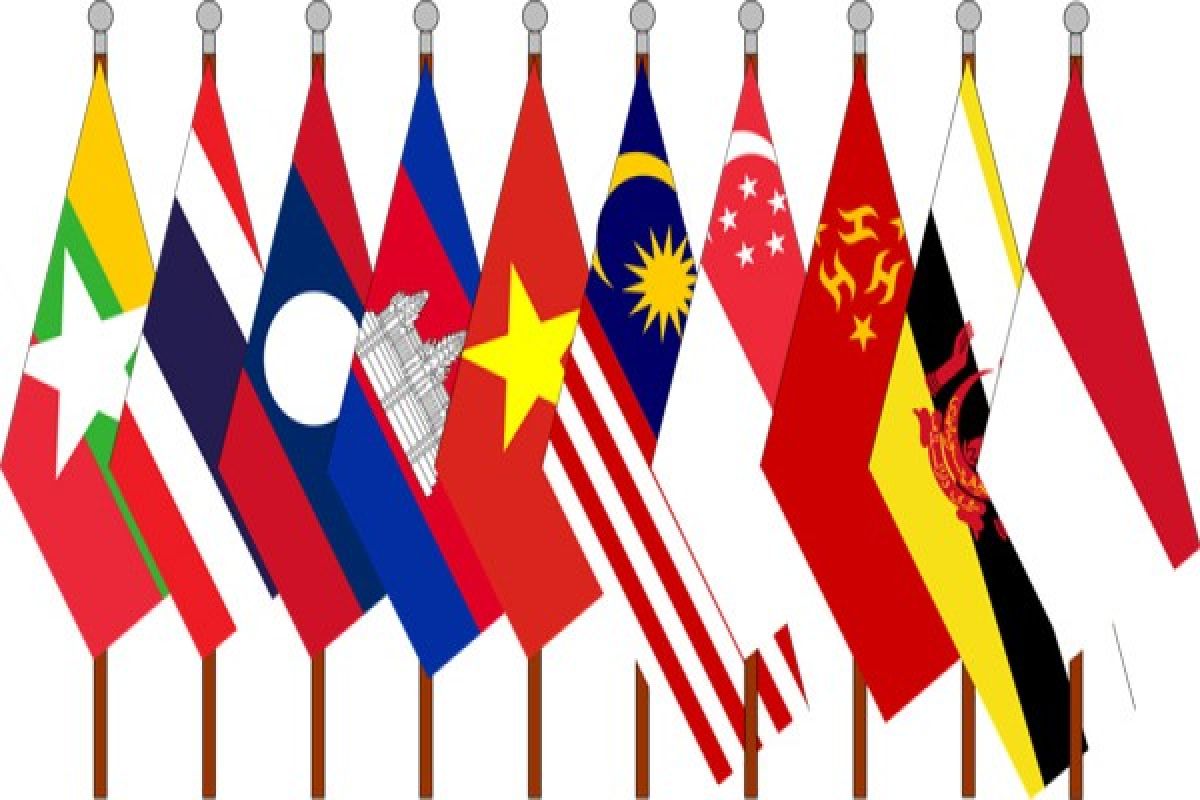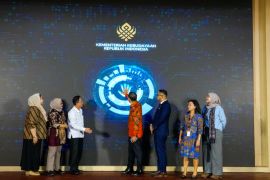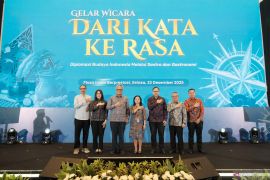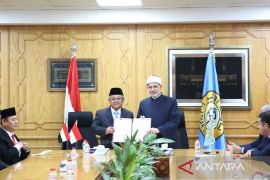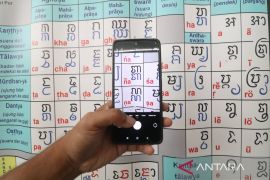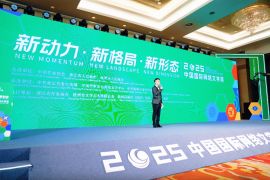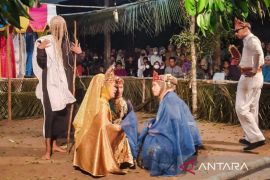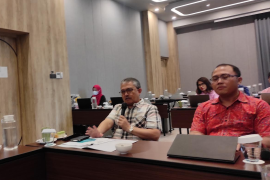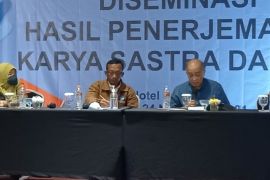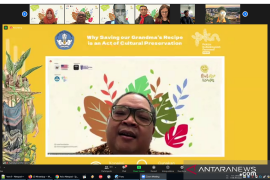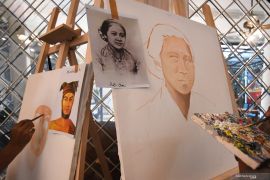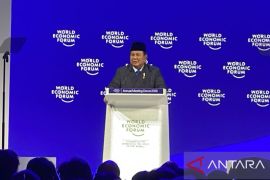"Understanding the culture and way of thinking of a nation through its literary works is more touching than the pragmatic economic approach or elite political approach," Abdul Khalik, the founder of ASEAN Literary Festival, said.Jakarta (ANTARA News) - In the opening night of the 4th ASEAN Literary Festival, held in Jakarta on August 3-6, the Culture and Education Ministrys general director of culture Hilmar Farid delivered a public lecture about how culture should be used to unite people in Southeast Asia.
The approach is considered important with regard to strengthening people-to-people relations in ASEAN which are actually based on similar cultural products, such as the Tales of Panji which originally comes from East Java.
This legendary tale of heroism and love also exists in Malaysia, Cambodia and Thailand with different titles and characters.
People in Southeast Asia also share the same belief in ghost and spirit with various names such as "nangnak" in Thailand and "kuntilanak in Indonesia---both refer to female ghost character who dies of childbirth.
Some of the similarities show connection between countries in the region which has existed long before the founding fathers of five ASEAN member states made an agreement of Bangkok Declaration, a foundation of regional economic and socio-cultural cooperation on August 8, 1967.
Now almost 50 years since ASEAN was founded, the cultural aspect is still believed to be the most powerful medium for building mutual understanding, sense of belonging and common identitiy as a regional society.
Abdul Khalik, the founder of ASEAN Literary Festival, considers cultural products such as literature as the most natural element to recognize and unite between individuals---or in this context, among nations.
"Understanding the culture and way of thinking of a nation through its literary works is more touching than the pragmatic economic approach or elite political approach," he said.
This idea has encouraged him to consistently organize the festival that consists of a wide range of discussions on relevant regional issues and programs for young Southeast Asian writers to interact, exchange ideas and engage in social activities.
Fully supported by the Culture and Education Ministry as well as Foreign Affairs Ministry, ASEAN Literary Festival is a small step to build dialogue and interaction between writers and readers, which is expected to help minimizing misunderstanding among countries in the region.
"As neighbors that understand each other, we will reduce the seeds of conflict," Khalik noted.
Another goal of the festival is to build networks and cooperations among individuals, particularly those who work in creative and publishing industries, so that ASEAN has a stronger position when dealing with other big countries such as China, United States, India and European countries.
"If ASEAN has become a production hub with its own market, we will have ability to actualize peoples prosperity without any dependency on other countries," the former journalist of English-daily newspaper The Jakarta Post explained.
Having the same view as that if Khalik, lecturer of English Study Program, Faculty of Culture Studies, Brawijaya University, Yusri Fajar, said that a cultural approach has a more positive way of delivering sincere values and messages through expressions in literary works.
Forum like ASEAN Literary Festival, according to him, could serve as a medium for discussing even the most sensitive issue such as South China Sea, in a more informal and relaxed atmosphere.
"Here we are not trying to convey political statement but how to express our mutual interests of empowering this ASEAN Community through cultural perspective," Fajar said.
Attempts to unite ASEAN through literature, though, is still facing some challenges.
Azhar Ibrahim, lecturer at the Department of Malay Studies, National University of Singapore, said that although literary works by Southeast Asian writers are increasing in number and quality, the future literary discourse remains unclear.
The not-well-developed literary education and low reading interest in ASEAN countries are also worsening the situation.
"As an example, Pram (Pramoedya Ananta Toer) and Mochtar Lubis have never been brought to international discourse, so we have no serious intellectual effort to echo," the author of "Contemporary Islamic Discourse in the Malay-Indonesia World: Critical Perspectives" (2014) said.
Meanwhile, one of participants of the festivals writers residency program from Vietnam, Tra Nguyen, admitted her unfamiliarity with the literary works by Southeast Asian authors due to language barriers.
Taking that into consideration, translation has become one of the big issues being discussed during the residency, on how the process of translating works from their native languages to the target language should be carried out to increase popularity of Southeast Asian literatures.
"If that is too difficult to be realized, we can start translating to a medium language such as English as a great way to expand the readers of literatures from this region," Nguyen said.
Literary works of Southeast Asia have strength on themes of culture, ethnics, traditions and culinary uniqueness.
The impact of colonialism and conflict in the past also presented as typical literary themes from this region as can be depicted in Eka Kurniawans novel "Beauty Is a Wound" (2002) and Loung Ungs memoir "First They Killed My Father: A Daughter of Cambodia Remembers" (2000) which will be soon adapted into Netflix film by American actress and filmmaker Angelina Jolie.
Through these works, Yusri Fajar sees that interconnected phenomena between Southeast Asian countries is very interesting to be explored, especially by the people outside the region.
As an ASEAN citizen, according to him, we need to be proud and hold the optimism that Southeast Asian literary works will be developed and be able to compete at the international level.
"It will give the impression that Southeast Asia is a united territory that has a unique culture," he said.(*)
Reporter: yashinta Difa
Editor: Heru Purwanto
Copyright © ANTARA 2017
